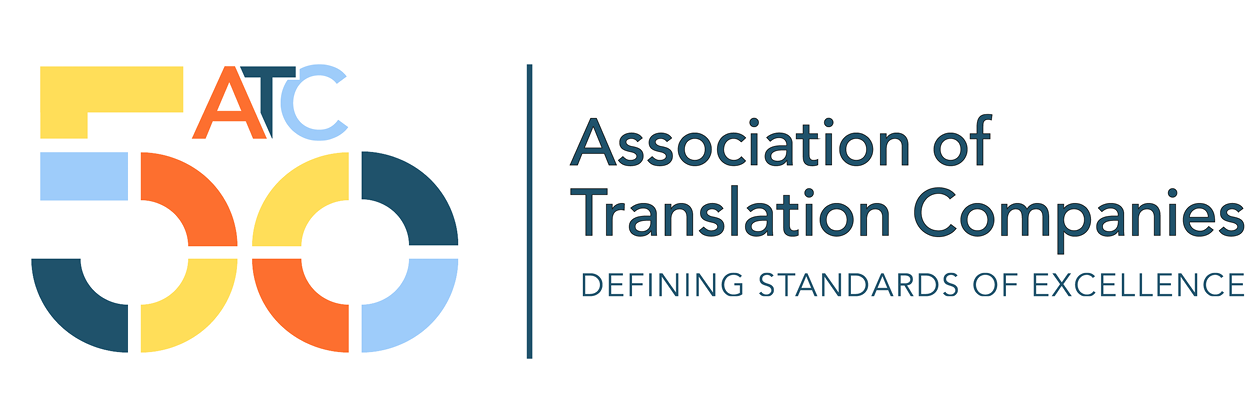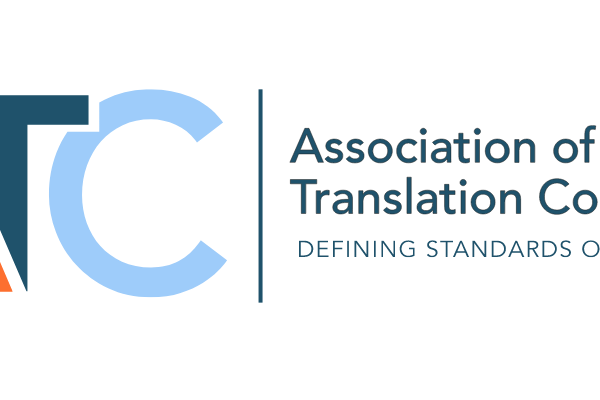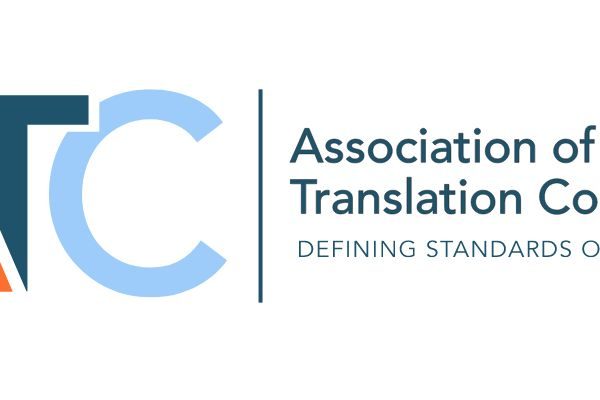Welcome to the ATC ISO Newsletter! In this newsletter, we focus on emerging ISO standards…

A new Working Together White Paper sets out urgent recommendations for tackling immediate challenges around procurement and provision of language services for the UK’s public sector.
Changing patterns of demand, unmapped or unforeseen, rapid regional and national changes in the need for different languages and the requirements for rare languages pose challenges both for procurement and provision of services and ultimately equality, fairness, and public safety.
Produced by a joint Public Sector Working Group consisting of the Association of Translation Companies and interpreting and translation associations and organisations under the PI4J group, the paper outlines challenges and proposes solutions for resolving pressing issues in a dynamic, continuously changing landscape where public sector commissioning and buying organisations, language service companies, and freelance interpreters and translators, form an interdependent ecosystem where each stakeholder plays a crucial role in the sustainable development of the supply chain.
The impact of a tightening economic situation is evident in stakeholder evidence gathered by the Working Group organisations. The evidence put forward in the White Paper highlight the impact of the growing resource allocation issues in attracting new entrants and retaining qualified and competent professionals, decline in language learning, and the continued pressure on prices.
The foundations of sustainability across public sector procurement are laid by commissioning organisations at policy, framework and contract levels. The Working Group believes that implementing best practice and unambiguous requirements at Framework specification level will result in a more uniform service delivery across the supply chain, enable good governance and oversight practices, and, importantly, create an equitable and sustainable working environment for freelance interpreters and translators.
The paper proposes 10 key, urgent improvements for public sector commissioning and buying organisations to tackle the immediate challenges of the cost of living crisis, and to ensure the continued safe provision of multilingual services for the public sector.
These are:
- Collaboration between stakeholders in the ecosystem
- Indexing cost of contracts and linking them to inflation
- Fair and equitable fees for translators and interpreters
- Increasing transparency on rates of pay
- Reviewing practices and fees for travel time and compensation
- Implementing minimum assignment durations and charges
- Ensuring fair and transparent cancellation policies
- Promoting and prioritising the use of qualified professionals
- Building pathways to support career progression
- Supporting small businesses’ access to public sector work
Raisa McNab, CEO of the Association of Translation Companies says, “In our linguistically diverse society, translation and interpreting services underpin the fair and equitable treatment of speakers of more than 300 different languages. This vital work must be safeguarded; positive action is needed to create a pipeline for new entrants into the profession and to support the retention of qualified, competent professionals.”
“This white paper signals the start of a new era of associations and stakeholders across the ecosystem joining forces in a joint effort to ensure that provision of translation, interpreting and other language services continues uninterrupted.”


